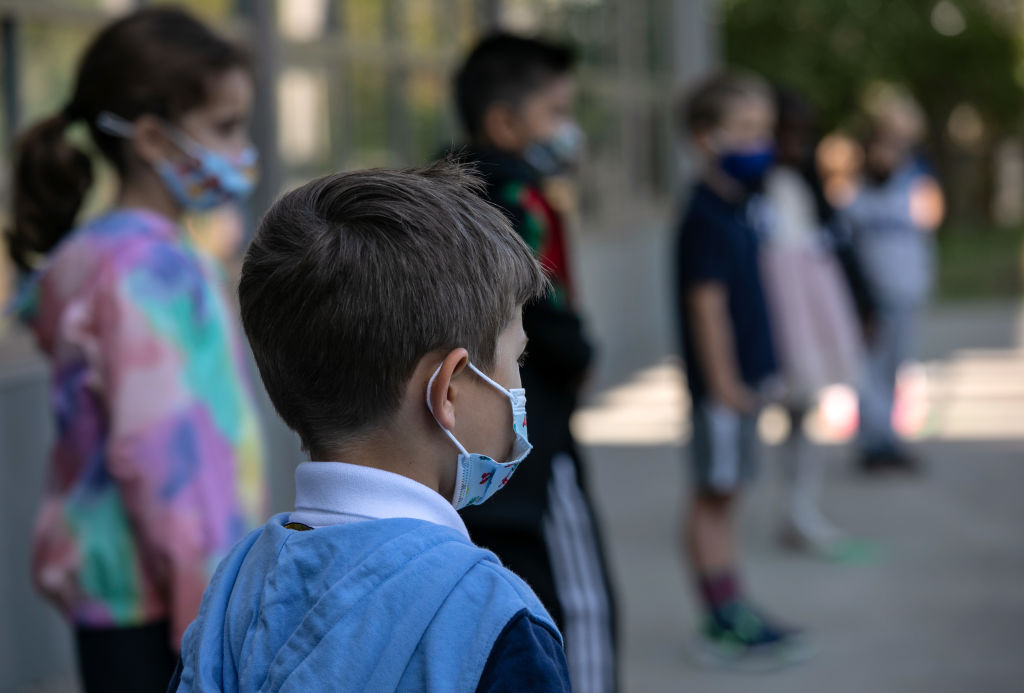Children are seeing more severe coronavirus-induced illnesses, and doctors aren't sure why


A free daily email with the biggest news stories of the day – and the best features from TheWeek.com
You are now subscribed
Your newsletter sign-up was successful
COVID-19 has left most children physically unharmed as it continues to sweep the U.S. But a rare illness that so far has only affected a small number of children is seemingly growing more common — and more severe, The New York Times reports.
When the COVID-19 pandemic first started, scientists discovered that it could induce what they called Multisystem Inflammatory Syndrome in Children, or MIS-C. The Centers for Disease Control and Prevention has recorded 2,060 cases of the illness so far, affecting everyone from infants to 20-year-olds; Black and Latino children account for 69 percent of cases. And like many doctors across the country, Dr. Roberta DeBiasi, chief of infectious diseases at Children’s National Hospital in Washington, D.C., told the Times that cases are increasing and growing more severe. Early in the pandemic, about half of patients with MIS-C ended up needing intensive care, but that has increased to 80 or 90 percent, DeBiasi said.
Initial symptoms of MIS-C include fever, rash, red eyes, or gastrointestinal problems — a common set of issues that could indicate a number of illnesses, leading pediatricians to sometimes overlook MIS-C as a diagnosis. But the illness can soon progress to severe cardiovascular issues. So far, most children have gone home healthy after fighting off the disease. But like with COVID-19, doctors aren't sure how it'll affect them in the long term.
The Week
Escape your echo chamber. Get the facts behind the news, plus analysis from multiple perspectives.

Sign up for The Week's Free Newsletters
From our morning news briefing to a weekly Good News Newsletter, get the best of The Week delivered directly to your inbox.
From our morning news briefing to a weekly Good News Newsletter, get the best of The Week delivered directly to your inbox.
It's also unclear why cases are spiking. A post-holiday surge may account for the rise in MIS-C case counts, but scientists so far can't attribute variants or any other explanation to the increased severity. Read more at The New York Times.
A free daily email with the biggest news stories of the day – and the best features from TheWeek.com
Kathryn is a graduate of Syracuse University, with degrees in magazine journalism and information technology, along with hours to earn another degree after working at SU's independent paper The Daily Orange. She's currently recovering from a horse addiction while living in New York City, and likes to share her extremely dry sense of humor on Twitter.
